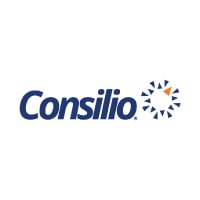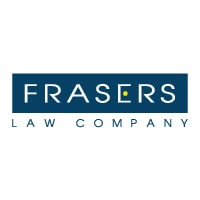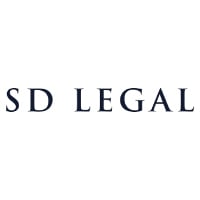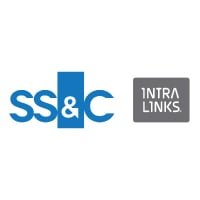

Director – legal | Bayan Resources








Oliver Khaw Kar Heng
Director – legal | Bayan Resources
Team Size: Eight
What are the most significant cases and transactions that you have been involved in over the past year?
My team and I have recently completed an acquisition of an oil palm plantation in East Kalimantan as part of our strategy to secure our mining areas and haul roads that overlapped with the oil palm plantation. It was a learning experience venturing into a different kind of commodity, one that was welcomed as it compelled my team and I to shake off the proverbial cobwebs after being hyper-focused on coal mining. The deal was also interesting as it represented a faster and more secure alternative to litigating with the previous owners to protect our mining areas and haul roads. Other than the above, a highlight of our past legal year would be the successful conclusion to an eleven-year long lawsuit in multiple jurisdictions that Bayan had been defending against brought by our former Australian joint venture partners which resulted in a hefty costs award being granted to us and the liquidation of the opposing party as a consequence of that cost order. Beyond those spikes that add spice to my regular routine work, it pretty much been ensuring that my team are on top of our bread and butter work of supporting various business units with their contracts, compliance, and negotiations, continuous training of my team as part of their saw-sharpening habit, dealing with ESG initiatives as part of the management team deciding on meaningful targets and reporting.
Based on your experience, what is the key to collaborating successfully with business partners?
It’s going to be a cliché answer, but it works; I’ve learned that being approachable and transparent in my advice fosters collaboration. Business partners should feel comfortable coming to legal with concerns or ideas, knowing they’ll receive constructive and balanced feedback. You never want your business partners to dread coming to legal to the point where either they don’t, or they censor or hide crucial information which they think would result in creating legal obstacles. A good supplement would be educating your business partners about legal risks and obligations in a straightforward, non-legalese way so they can make informed decisions without feeling bogged down by complexity. Legal knowledge is not exclusively the domain of lawyers and the awareness of this should be inculcated in all levels of an organisation; it makes life a lot easier for the in-house counsel.
Which political, economic or regulatory changes have impacted your work the most in the past year?
One of the most significant regulatory changes has been the implementation of the Omnibus Law on job creation which was replaced with a presidential decree following a constitutional court ruling. This law or decree continues to require close attention to its impact on our company’s operations, especially in areas such as labour relations, regulatory compliance, and investment procedures. Ensuring our company remains compliant with the evolving rules, particularly in employment contracts, outsourcing, and environmental regulations, has been a key focus. The recent updates to the capital market regulations and the government’s digital transformation initiatives, especially concerning data protection under the personal data protection law (UU PDP), have also played a major role in shaping the legal landscape, requiring a deep dive into compliance and corporate governance matters. The anticipated enforcement of the UU PDP, once all the implementing regulations have been enacted, has demanded significant attention in terms of ensuring that our company’s data management and privacy policies meet the new compliance standards. These regulatory shifts have shaped our legal approach to risk management and corporate governance throughout the year.
What is a cause, business-related or otherwise, that you are passionate about, and why?
Education is a cause I’m deeply passionate about because I believe it forms the foundation for both personal and professional success. It empowers individuals with the knowledge, skills, and confidence to navigate life’s challenges and seize opportunities. By providing equal access to quality education, we can help people unlock their full potential, break cycles of poverty, and create a more just and equitable society. I’m committed to supporting efforts that ensure education is accessible and impactful for all, as I see it as the most powerful tool for transformation. Personally, I have provided regular contributions to foundations in Indonesia that care for underprivileged children and provide education to them. On a company level, Bayan has through its CSR arm, Bayan Peduli, which provides full scholarships annually to thousands of deserving students (including students with disabilities) pursuing higher education and funds for the upgrading of teaching facilities at numerous Indonesian universities.